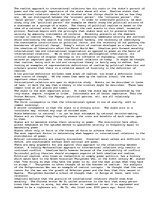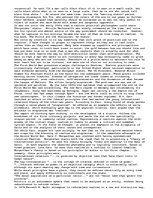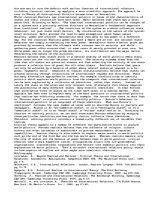The realist approach to international relations has its roots in the state's pursuit of power and the outright importance of the state above all else. Realism states that international relations should not be studied as how things should be but as how they are. We can distinguish between the 'economic person', the 'religious person', the 'moral person', the 'political person' etc. In order to understand politics, we must study only the 'political person' for example we should study the political actions of a statesman as a synonym of a state. The theory of political realism is based on the idea of a rational actor. We should compare the real events to this ideal, normative picture. Realism begins with the principle that states must act to preserve their security by amassing instruments of violence. Necessity prevails as the dominant concept in realist theory. The necessity of preserving immediate security and survival while overlooking the search for international harmony, the necessity of identifying the unavoidable constrictions on political choice, and the necessity of not pushing the boundaries of political change. Today's notion of realism developed as a reaction to the idealism of liberalists after the First World War. Idealism puts forward morality, international law and international organization as opposed to power as the basis of international relations. Be it with its ancient philosophical inheritance, its critical analysis of utopian ideology or its influence on diplomacy, realism has secured an important part in the international relations of today. …



